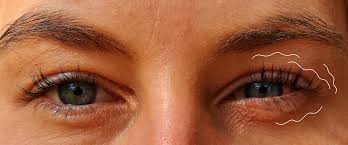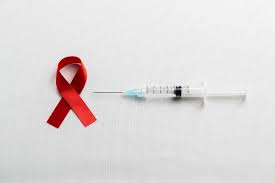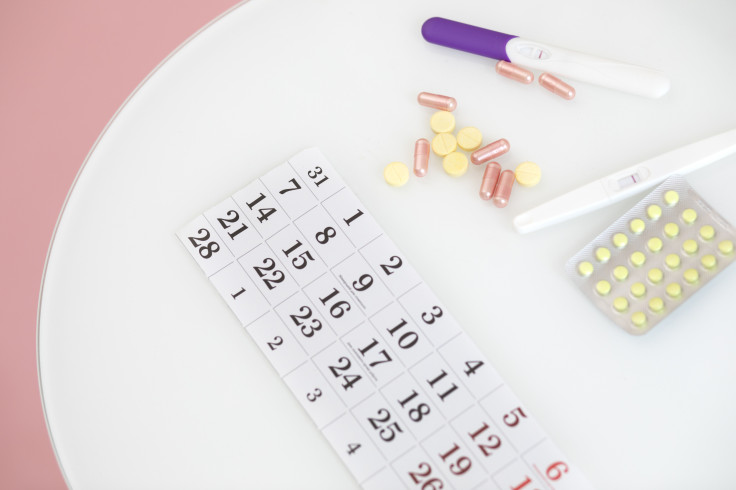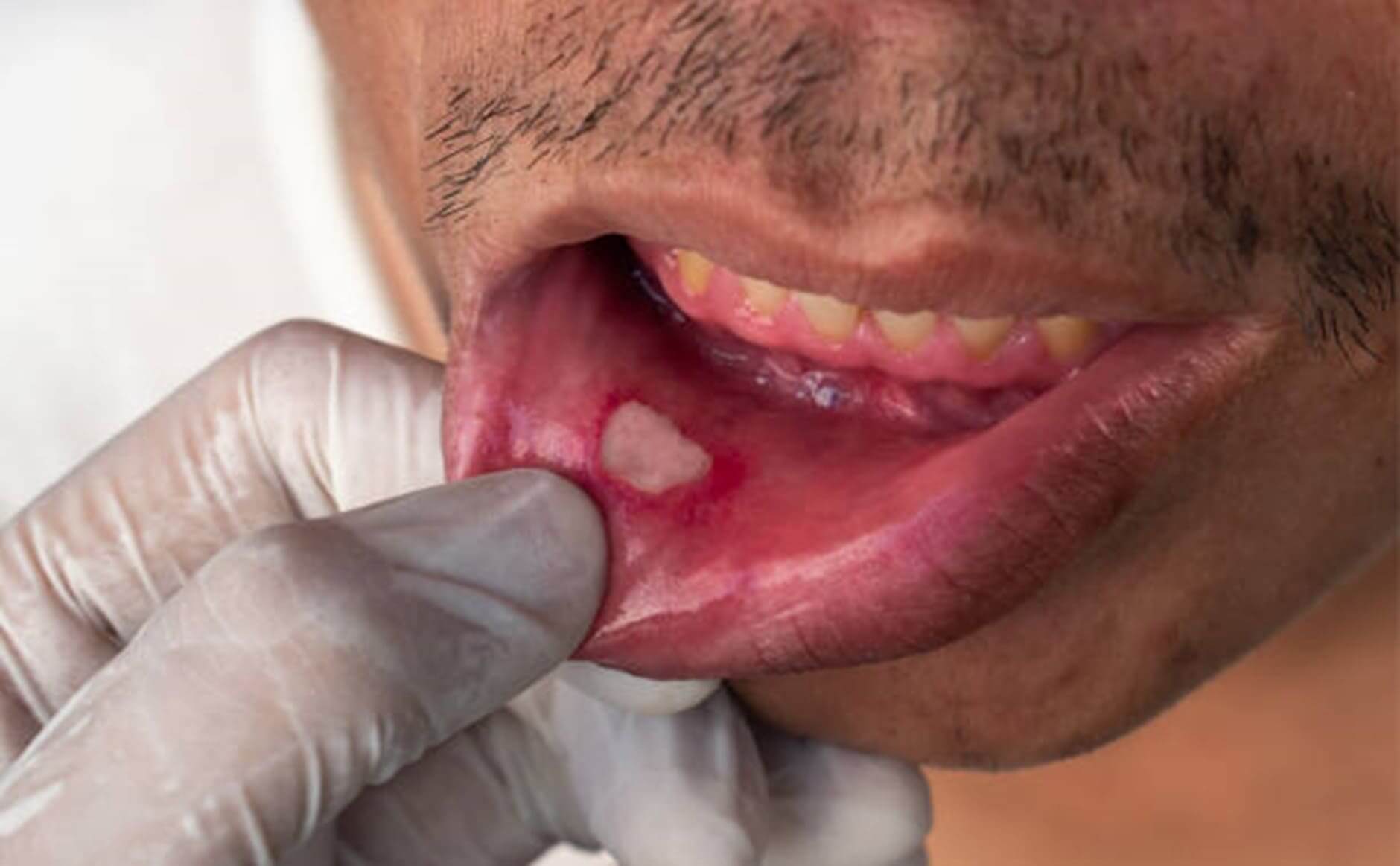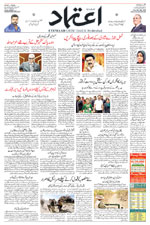IIT Jodhpur introduces paper device enables glucose monitoring via smartphone
Sat 30 Mar 2024, 01:08:42
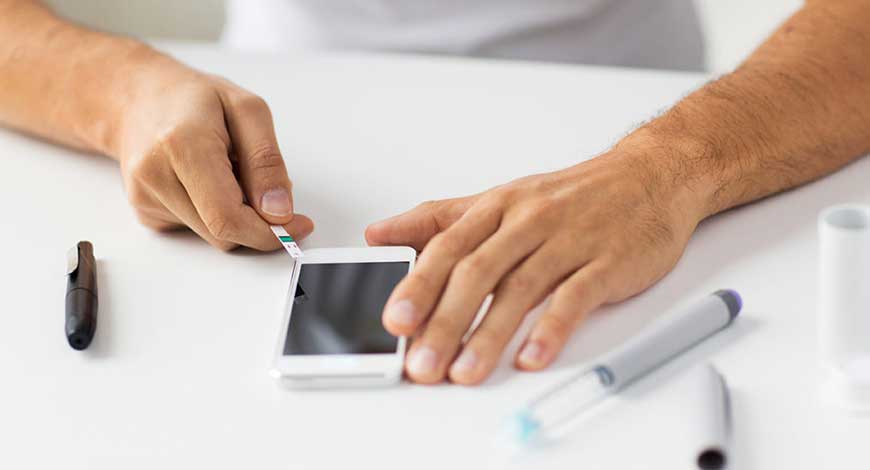
Researchers at the Indian Institute of Technology (IIT) Jodhpur have introduced a groundbreaking innovation in healthcare technology – a low-cost, paper-based analytical device designed to provide instantaneous detection of glucose levels. This device, coupled with smartphones, presents a convenient solution for individuals to monitor their glucose levels on the go.
The device comprises a specialized biodegradable paper that undergoes a colour change corresponding to the concentration of glucose present. This mechanism offers a simple yet effective means of glucose detection, making it accessible to a wider population.
In contrast to previous paper-based analytical devices, which necessitated specific lighting conditions, this innovation leverages machine learning algorithms to ensure compatibility with various smartphone models and lighting environments. This adaptability enhances its usability across diverse settings, eliminating the need for controlled laboratory conditions.
Ankur Gupta, Associate Professor at the Department of Mechanical Engineering, IIT Jodhpur, underscores the significance of smartphone integration in healthcare technology. "Smartphones offer seamless integration with other technologies and platforms. The ability to connect the
smartphone-based spot detection framework to a larger network or database can facilitate remote monitoring, data storage, and sharing of results. This connectivity can be crucial for healthcare professionals or researchers," he said.
smartphone-based spot detection framework to a larger network or database can facilitate remote monitoring, data storage, and sharing of results. This connectivity can be crucial for healthcare professionals or researchers," he said.
Moreover, the researchers emphasize the cost-effectiveness and eco-friendliness of their creation, with production costs estimated at a mere Rs. 10 in laboratory settings. As they strive for further cost reduction during mass production, the envisioned price tag of Rs. 5 holds promising implications for widespread adoption and affordability.
The versatility of this technology extends beyond glucose monitoring, as the researchers envision its applicability in screening and diagnosing various ailments, including uric acid-related conditions. Their findings, published in the esteemed journal ACS Publications, attest to the device's potential to revolutionise disease detection and management.
"This study demonstrates that this developed system is equipped for initial disease screening at the user end. By incorporating machine learning techniques, the platform can provide reliable and accurate results, thus paving the way for estimating the accuracy of the results for improved initial healthcare screening and diagnosis of any disease," Ankur said.
No Comments For This Post, Be first to write a Comment.
Most viewed from Health
AIMIM News
Delhi Assembly polls: Owaisi leads Padyatra in Okhla
Feb 01, 2025
We reject this Waqf Amendment Bill: Asaduddin Owaisi
Jan 30, 2025
Latest Urdu News
Most Viewed
May 26, 2020
Which team will win the ICC Men's Champions Trophy 2025 held in Pakistan/Dubai?
Latest Videos View All
Like Us
Home
About Us
Advertise With Us
All Polls
Epaper Archives
Privacy Policy
Contact Us
Download Etemaad App
© 2025 Etemaad Daily News, All Rights Reserved.





